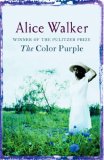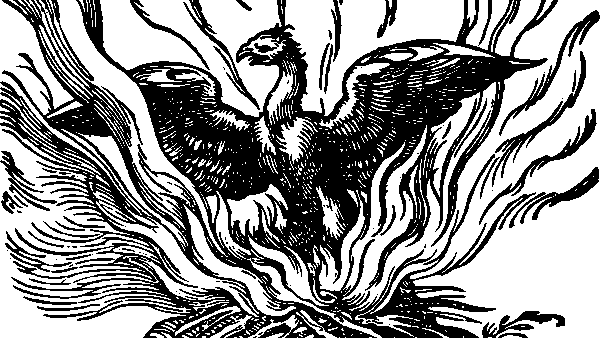 This is a deeply religious book, in a couple of different senses. First of all, the main character, Celie, narrates the book through letters she writes to God. She is trapped in abusive relationships, first with Pa and then with her husband Albert, referred to by her as Mr ______. She writes to God because she has nobody else to talk to after her sister Nettie disappears, believed dead. Gradually, through her relationship with Shug Avery and piecing together the truth about her past, she rids herself of the traditional view of God as an old white man and comes to view God as a more creative, loving, playful entity, symbolised by the colour purple, put in a field just for the fun of it. Celie finds her sexuality, her ability to stand up for herself, begins to make a living doing something she loves and starts to like life.
This is a deeply religious book, in a couple of different senses. First of all, the main character, Celie, narrates the book through letters she writes to God. She is trapped in abusive relationships, first with Pa and then with her husband Albert, referred to by her as Mr ______. She writes to God because she has nobody else to talk to after her sister Nettie disappears, believed dead. Gradually, through her relationship with Shug Avery and piecing together the truth about her past, she rids herself of the traditional view of God as an old white man and comes to view God as a more creative, loving, playful entity, symbolised by the colour purple, put in a field just for the fun of it. Celie finds her sexuality, her ability to stand up for herself, begins to make a living doing something she loves and starts to like life.
It’s religious in another sense because Alice Walker has tapped into something deep and rich in creating this book. She starts by dedicating it to “The Spirit, without whose assistance neither this book nor I would have been written” and ends it by writing “I thank everyone in this book for coming. A.W., author and medium.” This sets up quite an expectation, but the book delivers. The style is not literary – it can’t be, because it’s narrated mostly by Celie, who is uneducated and admits herself she can’t write well. But still there is a beauty in its simplicity. Normally any kind of dialect begins to irritate me after a while, but this doesn’t. It is powerful. The horrific events at the beginning of the book, particularly, when 14-year-old Celie is raped by her father and has two children by him, then sacrifices herself to save her younger sister Nettie from the same fate, are incredibly powerful, and the power is heightened by the simple, childish language.
It’s also a political book, in the best sense. It evokes the injustices of the Jim Crow South and of colonial Africa beautifully, and they always feel like part of the story, not like a political sermon. It works well because character always comes first. Everybody in the book has a character – there are no purely symbolic characters or representatives of political positions. They’re all introduced and drawn carefully so that I believed they were real and cared about them. And while the book speaks some harsh truths about men, and white men in particular, nobody is a stereotype of evil – most of the characters have some redeeming features, and the “good” characters have flaws too.
There are also lots of lovely little insights, like this from Mr ______ towards the end: “Anyhow, he say, you know how it is. You ast yourself one question, it lead to fifteen. I start to wonder why us need love. Why us suffer. Why us black. Why us men and women. Where do children really come from. It didn’t take long to realize I didn’t hardly know nothing. And that if you ast yourself why you black or a woman or a bush it don’t mean nothing if you don’t ast why you here, period.
So what you think? I ast.
I think us here to wonder, myself. To wonder. To ast. And that in wondering bout the big things and asting bout the big things, you learn about the little ones, almost by accident. But you never know nothing more about the big things than you start out with. The more I wonder, he say, the more I love.
And people start to love you back, I bet, I say.
They do, he say, surprise.”



There is 1 comment